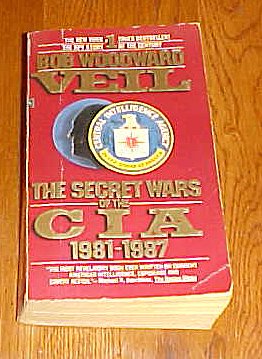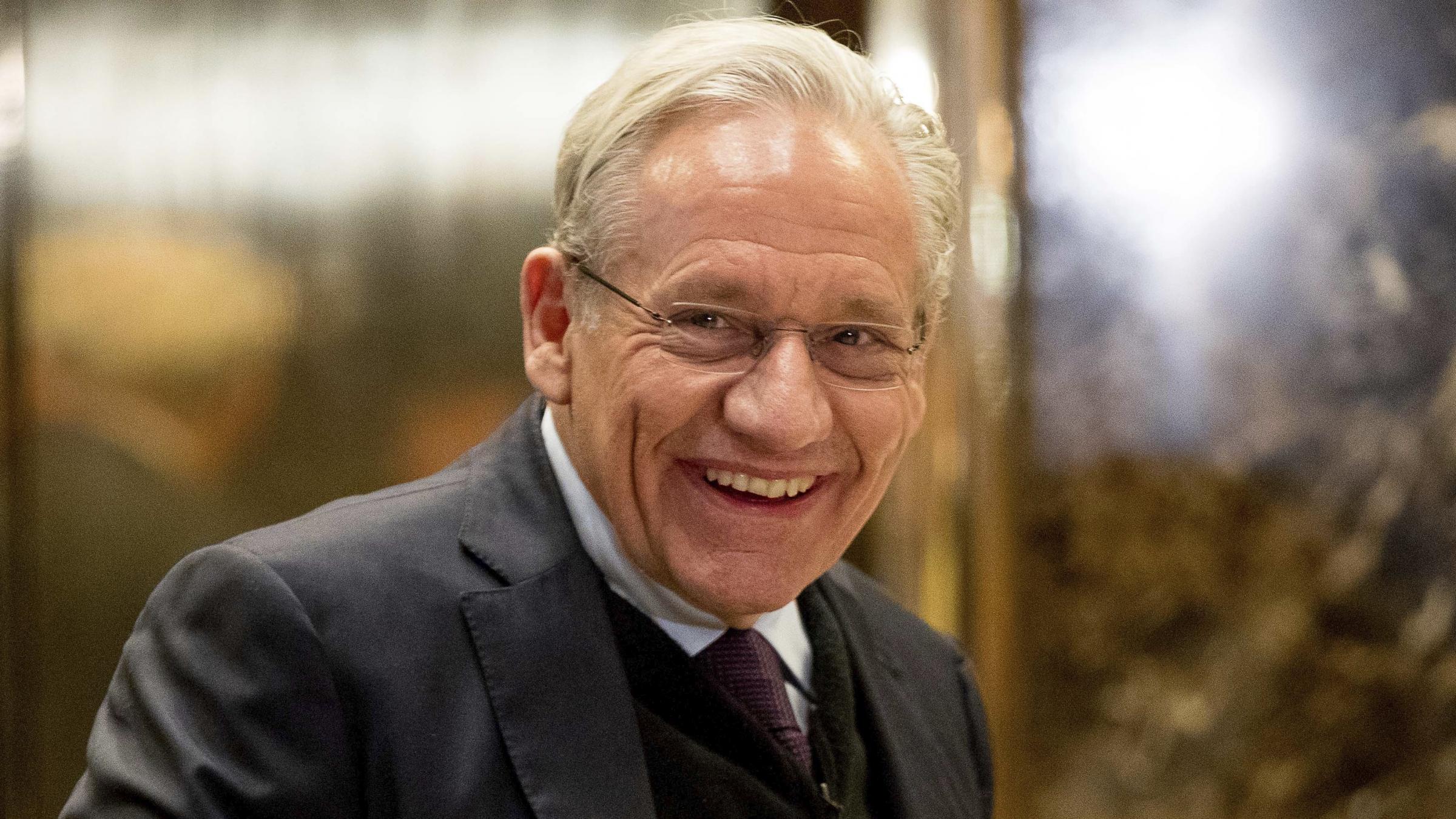


Woodward needed access to Casey, who needed to influence this book, particularly as his illness worsened and the likelihood of any memoirs decreased. There are hints of a quasi-filial relationship (Casey had no sons), in which shared values - patriotism and combativeness, ambition and hard work - played a part, as did mutual benefits.

He stands center stage, with any remarks critical of him being overlaid by Woodward's Boswell-like repetition of Casey's self-portrait as the CIA's savior, the gutsy activist who restored courage to Langley, making it a worldwide action organization, the true cutting edge of Reagan policy. The vagaries of personality interest Woodward but little.Įxcept for Casey. So are individuals, aside from some intelligence trivia about Anwar Sadat and especially Qaddafi, that Washington obsession. True, the book is thick with facts on administration dealings with the contras, and the Iranians, and the reaction to Middle East terrorism, to Muammar Qaddafi, and to the Washington Post itself, which CIA director William Casey treated like a hostile power.Īfghanistan and Cambodia, Angola and Ethiopia, Europe and the Soviets, are marginal. Bob Woodward's ``Veil'' is methodical, narrative journalism, cautious to the point of timidity, and essentially no more than a spinoff of his Washington Post intelligence stories. Veil: The Secret Wars of the CIA, 1981-1987, by Bob Woodward.


 0 kommentar(er)
0 kommentar(er)
